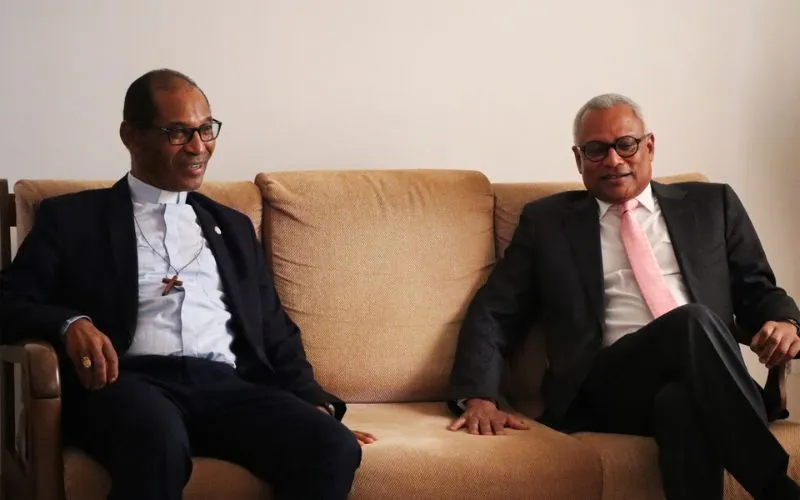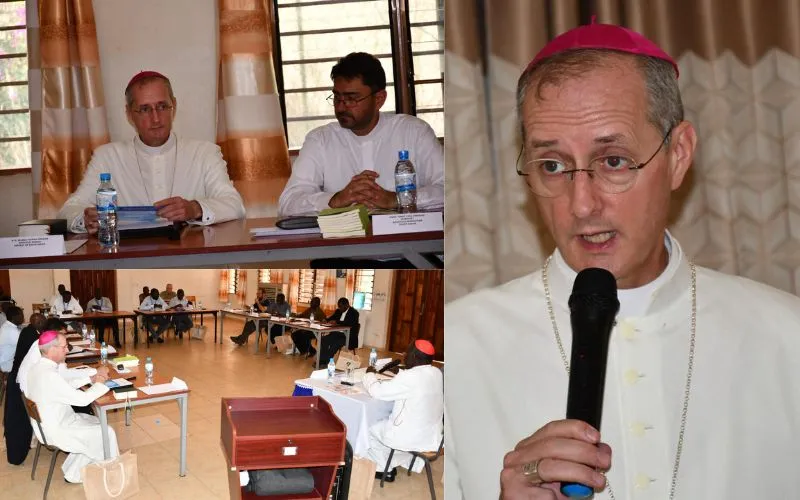Sao Vicente, 25 October, 2024 / 11:20 am (ACI Africa).
The President of the Republic of Cape Verde has lauded the Catholic Church for its pioneering role in education in the island nation that is located off the west coast of Africa.
In his address at the opening ceremony of the 2nd International Symposium on Theology and Christian Humanism held at the Catholic University of Cape Verde’s Prainha Campus on Wednesday, October 23, José Maria Pereira Neves acknowledged the Church's contributions to education, saying, “The Catholic Church took on the vocation of education and training in these islands, stepping in when the state was absent, slow, or failed in its responsibilities.”
“The Catholic Church and the Cape Verdean language have decisively contributed to molding and forming our identity,” the President said, and added, “Although I was not a seminarian, much of my civic and moral formation came from the Church of Santa Catarina, where I served as an altar boy and Catechist.”
The symposium, held under the theme “Political Theology of Faith, Christian Humanism, and Religious Sciences”, aims to facilitate broad discussions on topics like the relationship between Christian humanism, the common good, and human dignity.
In his opening remarks at the event, Arlindo Cardinal Gomes Furtado, the Bishop of Cape Verde’s Catholic Diocese of Santiago in Cape Verde, encouraged Catholic scholars to fully utilize their intellectual potential, despite what he described as “the complexity of human nature.”





